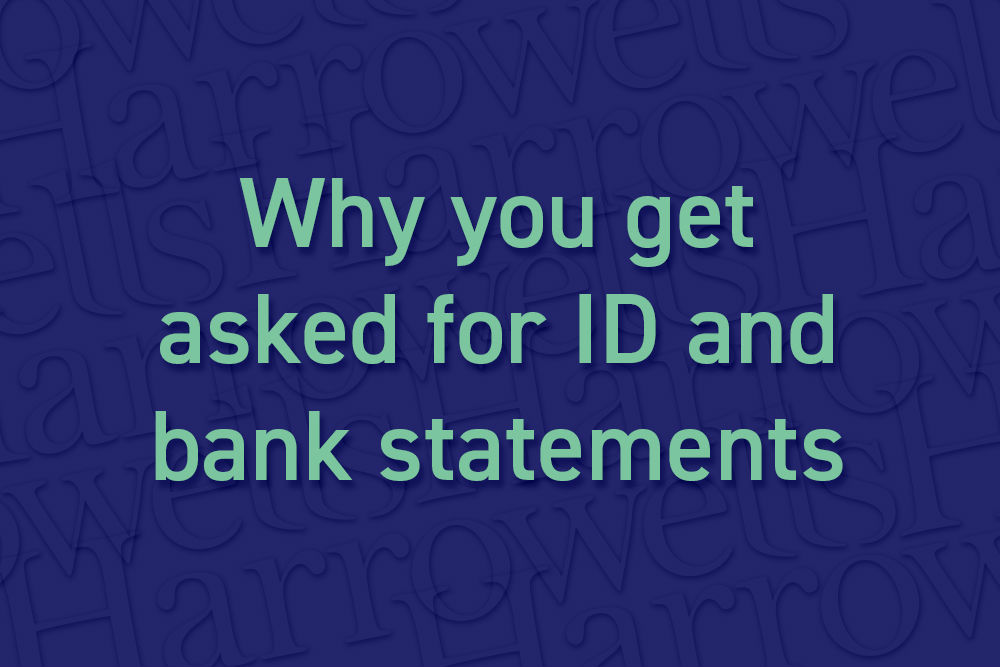We sometimes get asked why documents like driving licences, utility bills and bank statements need to be shown to our solicitors when buying or selling residential property. The short answer is: to defend you against cybercrime and identity fraud. In a previous recent blog article ('can someone really steal a house?') we described how criminals use false ID to purchase property or to masquerade as a legitimate owner to sell a property they do not actually own. Our verification that you are who you say you are is one of the ways we help prevent property being unwittingly sold and bought without the knowledge of the rightful owner.
We also ask for evidence of the source of funds for your purchase deposit. If you are relying on gifts or loans from family members then we need clear evidence this is the case. All this is because ‘money laundering’ has become a growing problem. For criminals, there is an attraction to using ‘unclean’ money to buy a property and then sell it in return for ‘clean’ or legitimate money a short time later. If you were buying a property, you would not want to find out subsequently that you had been unwittingly involved in money laundering. Our verification of sources of funds helps prevent this from happening.
So if your solicitor is asking for ID and proof of funds, this is a good sign. If they are not, then alarm bells should be ringing. Certainly from our perspective, we deal with the whole issue at a very early stage in the transaction and have a dedicated team who can work with you to ensure all the relevant evidence can be obtained and verified as swiftly as possible. In this way, your transaction can move ahead without delay and you have the confidence that we are protecting you and other legitimate buyers and sellers from the dangers of cybercrime, identity fraud and money laundering.



